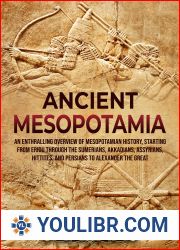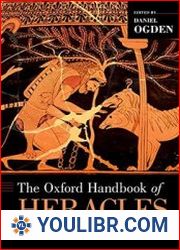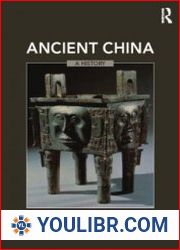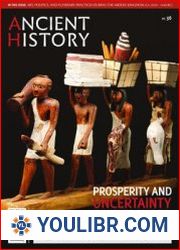
BOOKS - The Oxford History of the Ancient Near East: Volume III: From the Hyksos to t...

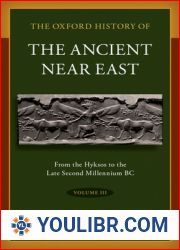
US $5.77

154067

154067
The Oxford History of the Ancient Near East: Volume III: From the Hyksos to the Late Second Millennium BC
Author: Karen Radner
Year: June 3, 2022
Format: PDF
File size: PDF 37 MB
Language: English
Year: June 3, 2022
Format: PDF
File size: PDF 37 MB
Language: English
This groundbreaking, five-volume series offers a comprehensive, fully illustrated history of Egypt and Western Asia (the Levant, Anatolia, Mesopotamia, and Iran), from the emergence of complex states to the conquest of Alexander the Great. Written by a diverse, international team of leading scholars whose expertise brings to life the people, places, and times of the remote past, the volumes in this series focus firmly on the political and social histories of the states and communities of the ancient Near East. Individual chapters present the key textual and material sources underpinning the historical reconstruction, paying particular attention to the most recent archaeological finds and their impact on our historical understanding of the periods surveyed.The third volume examines the period from 1600 to 1100 BC or in archaeological terms, the Late Bronze Age. Twelve chapters survey the history of the Near East and discuss the Hyksos state of Lower Egypt, Upper Egypt, and the Nubian kingdom of Kerma prior to the unification that resulted in the creation of the New Kingdom, the geo-political super power of the period. Contemporary imperial powers-the Hittites in Central Anatolia and Mittani in Upper Mesopotamia-are discussed, as are the appearance and growth of Assyria, the kingdom of Kassite Babylonia, the Elamites of southwestern Iran, and the Mycenaeans in the Aegean. Beyond the narrative history of each region considered, the volume treats a wide range of critical topics, including the absolute chronology; state formation and disintegration; the role of kingship, cult practice, and material culture in the creation and maintenance of social hierarchies; and long-distance trade-both terrestrial and maritime-as a vital factor in thecreation of social, political, and economic networks that bridged deserts, oceans, and mountain ranges, binding together the extraordinarily diverse peoples and polities of Sub-Saharan Africa, the Near East, and Central Asia.









